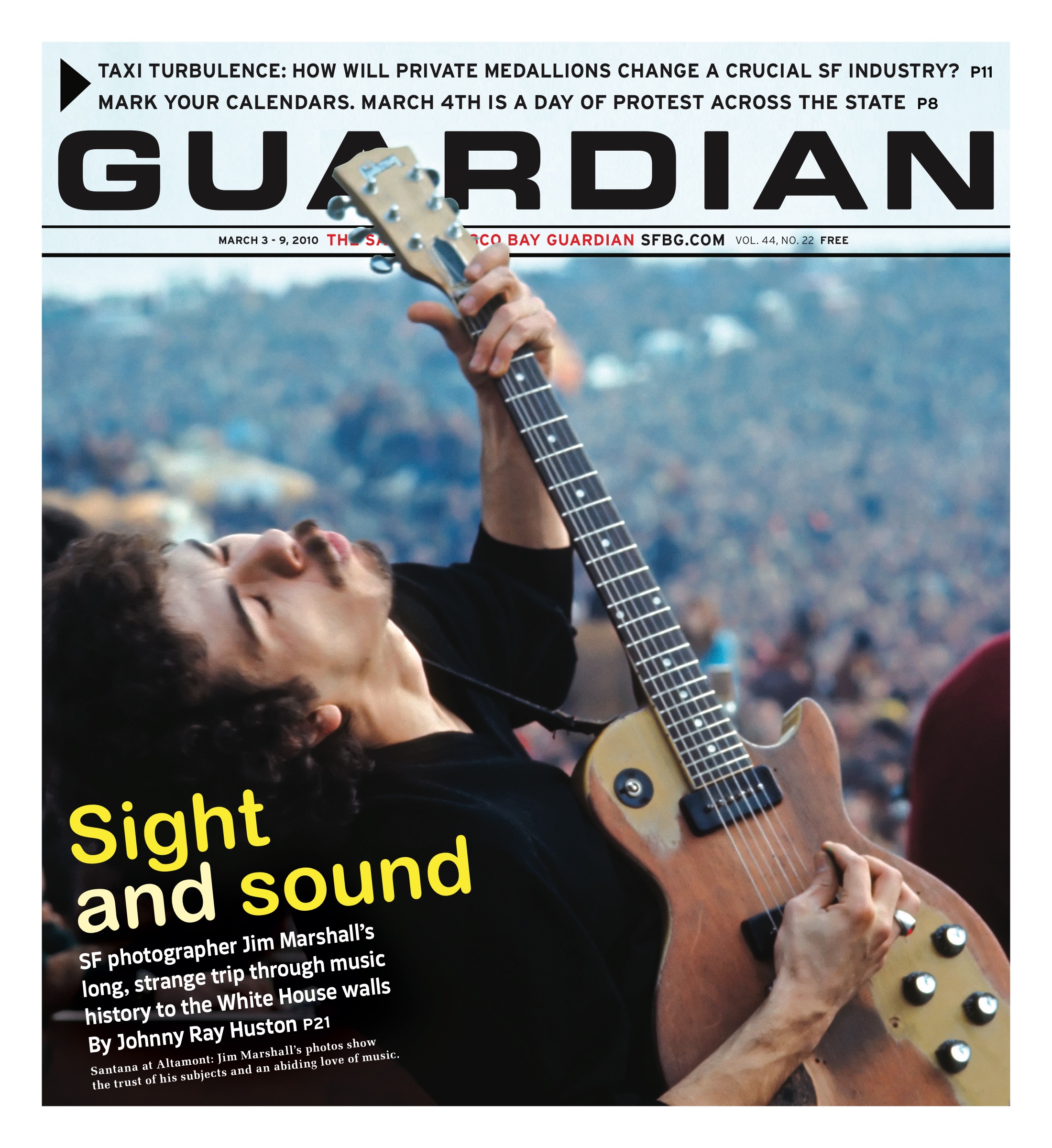By Supervisor Chris Daly
OPINION Ten years ago, the newly drawn District 6 (which includes the Tenderloin, South of Market, and North Mission) was thought to be politically up for grabs. With an aggressive grassroots campaign and a progressive sweep across the city, we won the seat. Despite small demographic shifts to the right over the years, we’ve built a clear progressive identity for our district. Community stakeholders and all of progressive San Francisco should be proud of this accomplishment.
In 2006, despite downtown’s major effort to unseat me, I held on with a nine point, or 1,600-vote, margin. I would guess that this is generally reflective of the current political dynamics in the district. In other words, District 6 is roughly a progressive +10 district.
But heading into the first open-seat race in the district in 10 years, we have to take care to not become victims of our own success. Already, four serious progressive candidates have declared for the seat and are now raising money, seeking endorsements, formulating campaign strategy, and assembling their teams.
Our system for electing supervisors allows voters to rank their top three choices. In other words, even if all progressive voters ranked three progressive candidates on every ballot, a certain number of those votes would not transfer to the strongest progressive candidate. In District 6, where the political contests have been pretty black and white for a decade, it’s a safe bet we’ll have more than our share of voters who only vote for one candidate. (In 2006, a number of voters even marked me as their first, second, and third choice.)Sensing an unexpected political opportunity, downtown is working to coalesce around a single candidate to steal away the seat and the progressive majority on the Board of Supervisors. We can’t afford to let that happen. Our 10-point margin of error is too small to risk moving forward on our current path.
That’s why I have asked all the major progressive candidates in the race to participate in a progressive primary early this summer. A central polling place will be open to all District 6 voters. We will have a ranked-choice ballot that will include the progressive candidates who have qualified for public financing (raised more than $5,000 in qualifying contributions.) Permanent absentee voters will be able to mail in their ballots. In most respects, the progressive primary will look like an officially sanctioned election.
The primary will give district voters an opportunity to signal their early preference in candidates and will give the progressive campaigns much-needed experience identifying and turning out their supporters. More important, it will give the rest of us a window into what otherwise could become a very confusing progressive cluster.
The winner of the primary will become the beneficiary of my endorsement and campaign support. It also will be a momentum-builder for the campaign that is already strongest within the district and will signal to all progressive voters that, even if they’ve committed to another candidate, they need to make sure they rank the progressive primary winner on their ballot.
As progressives continue to build our politics, we need to keep creating democratic forums and structures. I hope the Progressive Primary becomes a useful component of our political movement.
Supervisor Chris Daly represents District 6.

